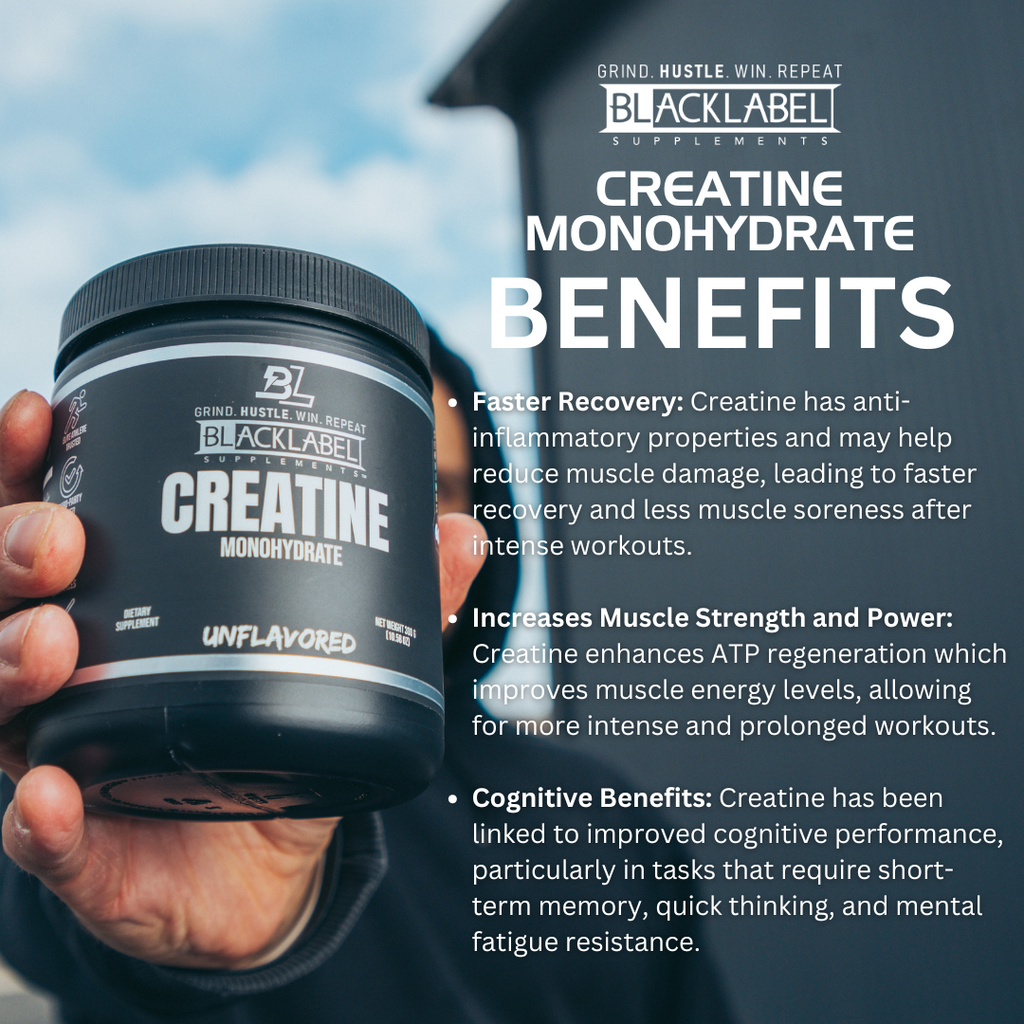Excitement About Creatine Monohydrate
Excitement About Creatine Monohydrate
Blog Article
The Buzz on Creatine Monohydrate
Table of ContentsThe Ultimate Guide To Creatine MonohydrateCreatine Monohydrate Can Be Fun For AnyoneWhat Does Creatine Monohydrate Mean?
The authors recognize a risk of prejudice with the research styles due to a need for more clearness over randomization with virtually all studies included. Just 3 of the nineteen studies thoroughly detailed the assessment of VO2 max.:max_bytes(150000):strip_icc()/Health-Creatine-Monohydrate-Purple-horizontal--e6afd1c7e25f4355ba0a5fbcf0026734.jpg)
This differs from athlete to athlete, however. If weight gain with liquid retention is a problem, quit taking creatine 1-2 weeks prior to competing to counter fluid retention while preserving enhanced creatine shops. Some people experience gastrointestinal pain when taking creatine, such as bloating, cramping, or looseness of the bowels. It is very important to keep in mind that not everyone experiences stomach distress while taking creatine, and it can commonly be managed by readjusting the dosage or taking it with dishes, as described by the International Society of Sports Nourishment.
It's suggested to use it in powder type. Problems regarding the long-lasting effects of creatine monohydrate supplements on renal (kidney) feature have actually been raised. Studies done by the International Culture of Sports Nutrition and Sports Medicine show that temporary and lasting use of creatine monohydrate within suggested dosages doesn't take the chance of kidney feature in healthy people.
The Of Creatine Monohydrate
None of the studies explored triathletes. The damaging impacts reported in the researches associated to weight gain. As pointed out, a lot of the researches used a higher-dose loading procedure (20g+/ day) in a brief redirected here period that could be countered and stayed clear of through a lower dosage (such as 5g/day) for an extensive duration.

Let's look at the main advantages of creatine monohydrate. There is solid, trustworthy research revealing that creatine improves health.
The bulk of creatine is saved in the skeletal muscle mass in a form known
as phosphocreatine, or creatine phosphate. Creatine aids in the production of adenosine triphosphate, or ATP. Even if they never ever raised a barbell, they would certainly still benefit from creatine supplementation.
Report this page